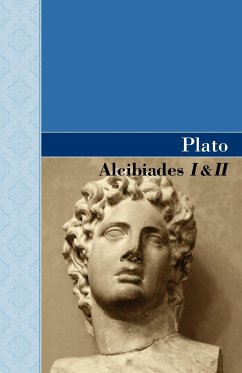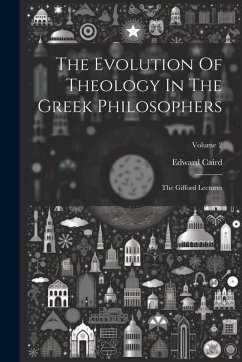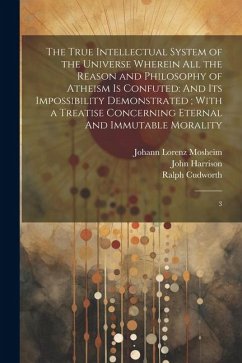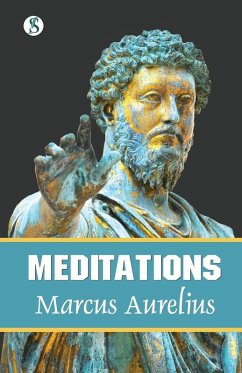
Alcibiades I & II
Versandkostenfrei!
Versandfertig in 1-2 Wochen
15,99 €
inkl. MwSt.
Weitere Ausgaben:

PAYBACK Punkte
8 °P sammeln!
Alcibiades is a young Athenian man, arrogant and intelligent, pondering his future course in life. Socrates is older, wiser, and devoted to Alcibiades. In a series of dialogues, Socrates attempts to convince the younger man to abandon his political ambition and choose the philisophical life. In antiquity, the Alcibiades were regarded as the perfect introduction to Platonic philosophy, being simple in construction and easy to understand. In recent centuries they have become more controversial, with scholars debating their authenticity as genuine works of Plato. Nevertheless, these dialogues rem...
Alcibiades is a young Athenian man, arrogant and intelligent, pondering his future course in life. Socrates is older, wiser, and devoted to Alcibiades. In a series of dialogues, Socrates attempts to convince the younger man to abandon his political ambition and choose the philisophical life. In antiquity, the Alcibiades were regarded as the perfect introduction to Platonic philosophy, being simple in construction and easy to understand. In recent centuries they have become more controversial, with scholars debating their authenticity as genuine works of Plato. Nevertheless, these dialogues remain a fascinating glimpse into the classical worldview, and an accessible entry to a philosophy which many regard as the basis for Western thought.











![The Republic [Illustrated Edition] Cover The Republic [Illustrated Edition]](https://bilder.buecher.de/produkte/24/24785/24785190n.jpg)
